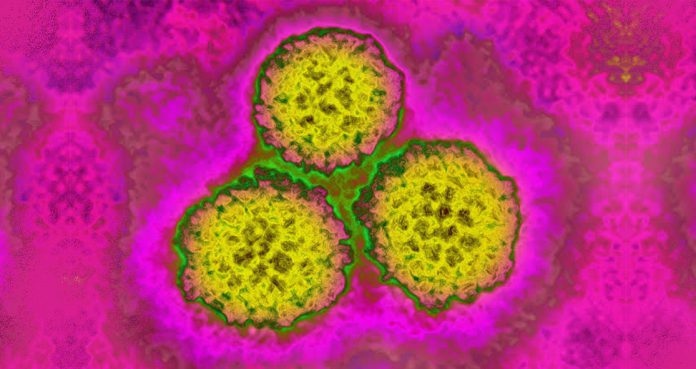A new study published in the Journal of the National Cancer Institute has found that anal cancer rates and deaths have increased significantly in the United States, especially among the elderly and black men.
The study investigators looked at the number of anal cancer cases from 2001 to 2016, and found that there were more than 69,000 cases of anal cancer, with over 12,000 deaths.
Lead study author and professor at UTHealth School of Public Health Ashish Deshmukh said, “Our findings of the dramatic rise in incidence among black millennials and white women, rising rates of distant-stage disease, and increases in anal cancer mortality rates are very concerning. Given the historical perception that anal cancer is rare, it is often neglected.”
Distant stage anal cancer is when the cancer has metastasized or spread to other organs of the body.
Colorectal Surgeon and Associate Professor at Emory University’s Winship Cancer Institute Dr. Virginia Shaffer said, “The study gives numbers to a trend that seems to be happening over the last decade. In that sense, it gives us numbers to what we were already expecting.” Dr. Shaffer was not a part of the study.
Anal cancer is similar to cervical cancer in women because both are caused by the human papillomavirus (HPV). The CDC says more than 90 percent of anal cancer cases are linked to HPV. Anal cancer occurs in the anus where the digestive tract ends. It is different from colorectal cancer.
The study also found that the incidence of anal cancer among older people who are above 50 was high. Dr. Shaffer said, “It might be because HPV vaccine guidelines are very narrow, limiting protection for older adults.”
In addition, the study found that anal cancer rates were high among young black men. The study investigators said, “HIV also disproportionately affects young black men and having HIV is a risk factor for anal cancer.”
Furthermore, the study found that the number of distant-stage anal cancer cases increased. Anal cancer can be prevented through HPV vaccination. The CDC advises giving two doses of the HPV vaccine for children ages 11 to 12, one year apart and vaccinating young adults up to 26. However, older people should check with their doctor about the vaccine because it has been found more beneficial when given in young age.





















